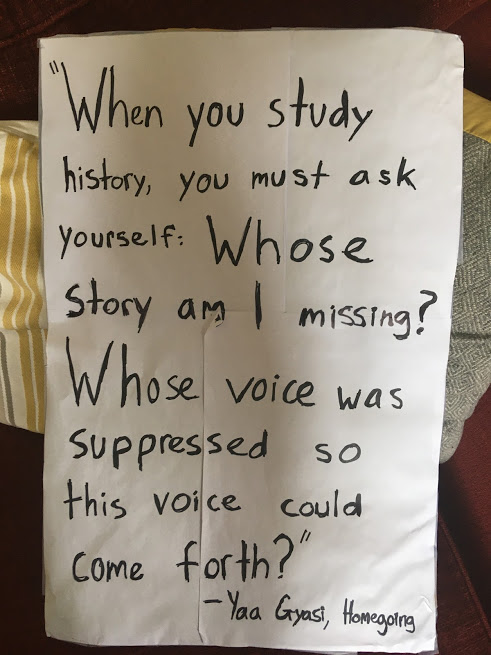This Week’s Bit of String: Full bellies, empty legs
The first time I remember eating way too much was the summer when I was 9, at a barbecue with rarely-seen, well-off relatives in Long Island. So much food we wouldn’t normally have at home, and on such a scale. My sister and I were about to start puberty, approaching the “empty leg stage” as one family friend described the ever-hungry growth spurt. But our appetites were no match for what we consumed at that barbecue. We were so full, we swore we would never eat again.
Reader, we did eat again. And speaking for myself, I have overeaten again. Sometimes, the only way to stave off despair seems to be Bournville chocolate, even though I know my heart will race and my brain will fog up.
A lot of things we think of as treats aren’t really what we need. That’s one reason I dislike the term self-care; some people apply it however and whenever they like. It’s such a vague principle. If we have an opportunity to treat ourselves, does this mean catching up with a friend or curling up for a nap? Does it mean a pint of Ben & Jerry’s or some lentil soup?
Varying Metabolism
“Self-care” wasn’t invented when I became a parent. Or maybe it was; certainly the remedies associated with it existed, but none of them were available to low-income single mothers just out of their teens. Even having self-care in our vocabulary is a privilege. Strategies ranging from socialising to yoga to massages to a decent night’s sleep are completely inaccessible for many people.

I often wonder how people keep going who can’t afford or schedule the things I now think of as treats. For example, what about mums from disadvantaged communities who look after kids poisoned by their drinking water while constantly campaigning to fix the problem? Aren’t they proof that I should be doing even more, not less?
I know, comparing ourselves with other people isn’t seen as healthy. It’s important to note all perspectives, though, and be aware of our privilege.
A Balanced Mental Diet
I’ve started thinking about self-care as more mental than physical, considering the mind in similar terms to the body. Perhaps mental calories are a thing. We must feed our brains in order to get motivation and inspiration. We need thoughts and stimuli from diverse sources, or we’ll suffer a deficiency. But we also need to burn off some of what we take in. If our minds get overcrowded, we struggle to function.

Different people will have different mental metabolisms. Some might shake things off easier than others. And at times we ourselves will need a higher mental intake or a more thorough clear-out than we’ve needed previously.
If we had mental nutritional pyramids, like the physical ones that used to appear on American cereal boxes, what would yours look like? Mine has rows for keeping up with my job and housework, family time and exercise (though physical it’s absolutely essential to my mental health). Some people are fine doing less each day. When I skip one thing, even if it’s to do something other people find necessary (like meet up with friends or stay in bed past 7), I will be too stressed, struggling to catch up on subsequent days.

And because there’s so much to manage on a daily basis, I have to burn off some of these brain calories, too. Daily scribbles, fresh air, reflecting on art or music or literature, make me feel mentally fitter, a bit more agile and able to cope. Life has been tough lately, so I need to experiment with what else might help.
By considering whether I need more or fewer mental calories, maybe I can tell what sort of “treatment” I need and when it’s genuinely required. It’s tricky though, isn’t it? The lack of real, in-person stimulation during the very long lockdown has skewed my mental metabolism. Tedious things like work and worry make my mind feel full, but not sated. I suspect a cognitive vitamin deficiency of some sort.
What do you think of self-care, and the idea of mental calories? Any suggestions for balancing it all out?





